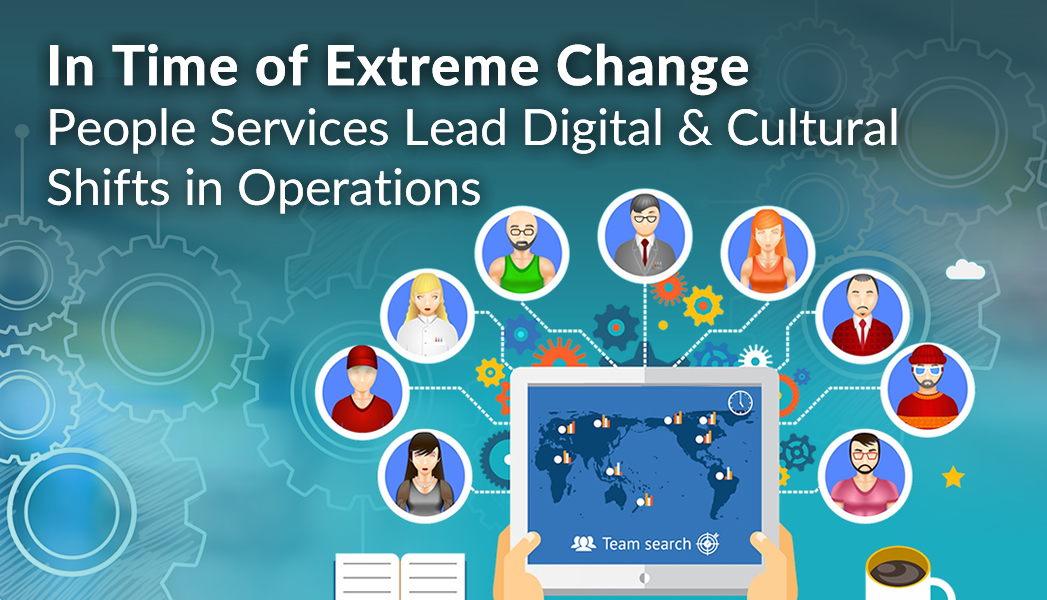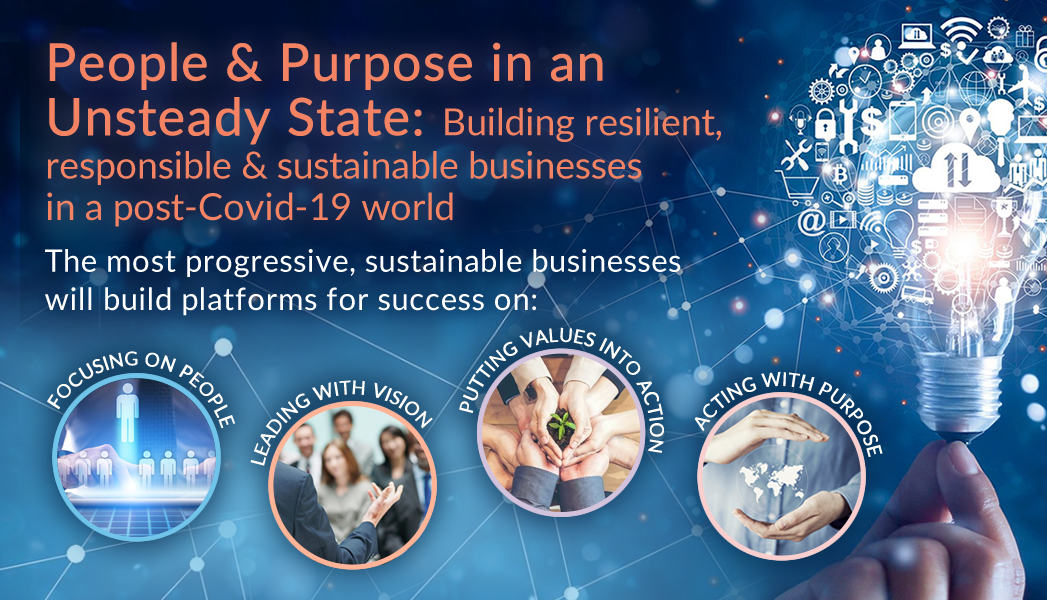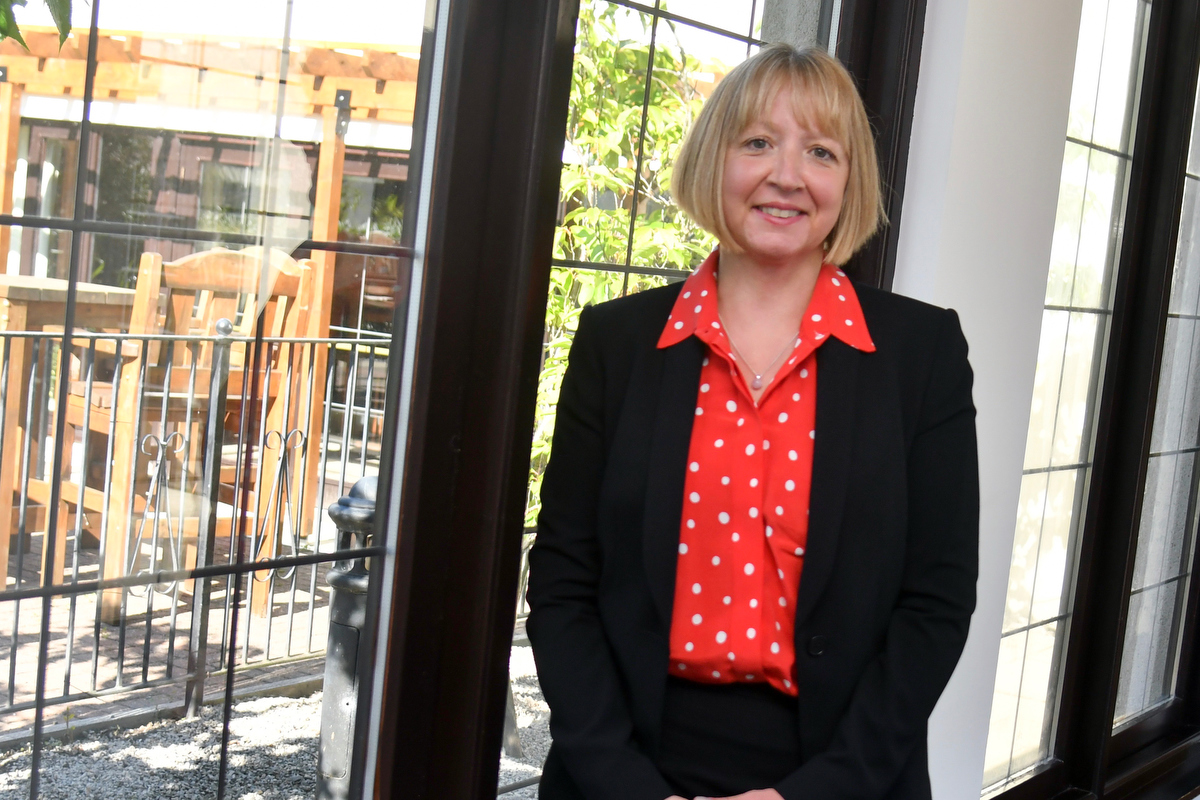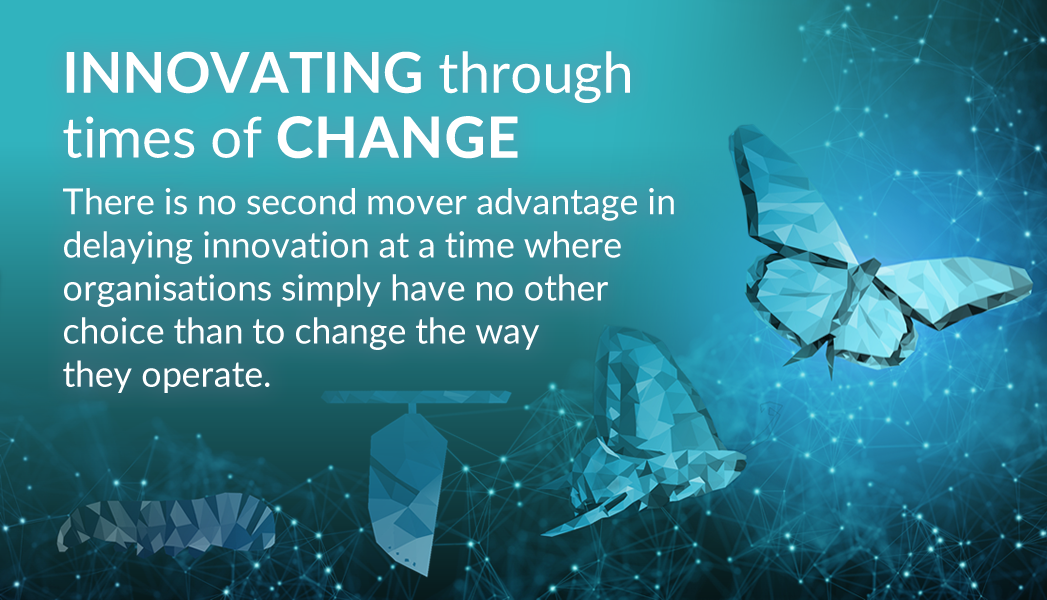We hope you enjoyed last week’s expert insights into the implications of working in the new normal. This week, our co-founder Chris Jones and change expert, Iain Ranson, look at how traditional contracting models could change, and how companies can progress in the current climate.
How can companies take advantage of the new normal to drive change?
For decades, a simple framework has governed the way we work - employees arrive, work a certain number of hours and go home every day. Although it’s tempting (and perhaps instinctive) to cling to such traditions, companies must now be prepared to step away from them. Covid-19 has rendered this model an anachronism in one fell swoop. Companies need a new approach that gives workers more freedom and autonomy. To attract, retain and motivate workers in the new normal, businesses must empower them and offer flexible working. By doing so, it could significantly increase talent pools and break down barriers such as location challenges. They also need to recognise that good performance isn’t about spending long hours in the office or rewarding achievement while ignoring creativity. The businesses that rise from the ashes will be those that choose to lead and engage teams proactively. Companies that adapt their operating models, recruit dynamic leaders and take on staff who embrace ambiguity are those most likely to change successfully and thrive in a new world.
Flexible working is here to stay, and this doesn’t just mean in the office or at home. It means choosing where and when to work to deliver an agreed outcome on a due date to acceptable levels of cost & quality. It’s about flexibility of choice, some people will want to be in the office more often for work reasons or socialisation. Others may want to flex their working hours around their family or other commitments.
Reverting to old working practices may drive key talent to seek out organisations that offer more latitude.
Will consultancy and contractor models be modified due to Covid-19/IR35?
The twin impacts of Covid-19 and IR35 are causing contractors to pause and reconsider their future. New imperatives have come to the fore including safety, cost efficiency, employee rights and flexibility. That could mean the contractor workforce begins to look beyond the standard consultancy and recruitment models for one that better fulfils their needs. Meanwhile, the government may well take a closer look at umbrella companies and decide they need to be regulated.
The impact of IR35 will not just be financial but will also significantly reduce the flexibility of contractors to work UK wide. If taxed like an employee, they are not able to deduct reasonable expenses for travel, accommodation & subsistence from their gross pay. They will either be out of pocket if working away from home or will choose not to travel for work outside of a reasonable commute.
Another way forward for contractor engagement, could be to offer fixed-term contracts with attractive rewards and generous performance-based bonuses outside of the organisation’s pay bandings? Again, this would only be attractive for contractors based close enough to clients so they could reasonably commute if required to be on site.
In most scenarios involving umbrella companies or inside IR35 contractual arrangements, pockets of professional contractors will start to appear based on geographical location and how far they are willing to ‘commute’.
This will affect an organisation’s ability to attract talented individuals, so flexible & remote working may be the answer when trying to secure the best professionals in a shrinking pool of talent.
Those companies that have relied on the Big Four consultancies in the past may find themselves considering smaller and more adaptable consultancies. Niche operators have the advantage of being more agile and offering more sustainable relationships, thanks to their more affordable rates and agility. Contractors may choose to work via a consultancy which removes the IR35 risk from the end client as the consultancy becomes the service provider in the supply chain. It may also enable more travel and working outside of a local geography.
In any eventuality, IR35 will change the way organisations, consultancies, agencies, umbrellas and contractors engage with each other significantly. It just isn’t clear what that new landscape looks like yet but it’s certainly set to change.
ABOUT OUR EXPERTS
Iain Ranson
A Consulting Director at Oakleigh House Consulting and a transformation subject matter expert, Iain brings 30 years’ experience in advising and leading companies on £multi-million transformation programmes.
Chris Jones
Chris Jones, co-founder of Colnort and Francis North Group has worked across the Financial Services, IT&T and Public sectors, and possesses a broad understanding of both business and technical landscapes as well as the most successful models to deliver key customer projects.









